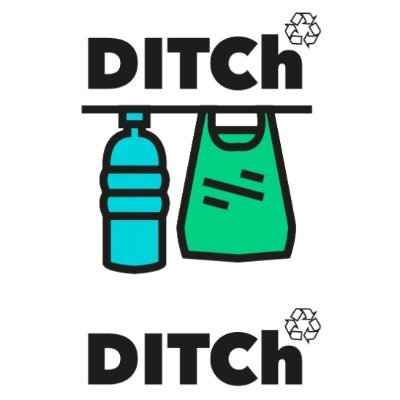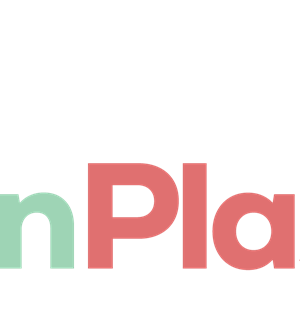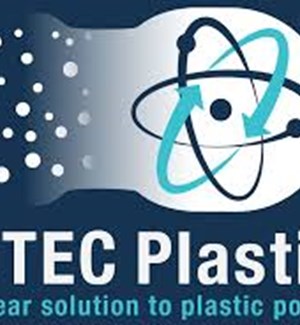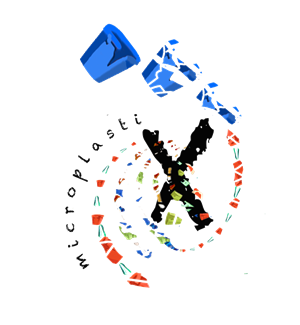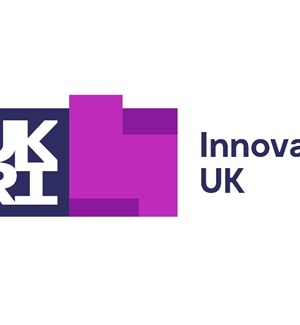- Chatham House - United Kingdom,
- University of Warwick - United Kingdom,
- Ahmadu Bello University - Nigeria,
- University of Nigeria - Nigeria,
- University of Lagos - Nigeria
This proposal brings together a multisectoral collaborative network, aimed at utilising digital innovations (DIs) to manage and accelerate the transition to a circular plastic economy (CPE) in Africa. Plastic pollution is one of the biggest challenges of the 21st century. While plastics are an indispensable material due to an array of unique properties and wide-ranging benefits, they pose significant environmental and health problems which are becoming increasingly intractable. Poor infrastructure and inadequate waste management systems exacerbate this problem and the environmental impact of plastic waste in Low- and Middle-Income Countries (LMICs). The rise in awareness of the circular economy is a crucial part of the sustainability discourse and has been tipped to play a significant role in the global shift to a more sustainable planet. Its key principles; reuse, recycle, redesign, remanufacture, reduce and recover, will make a significant impact in managing the high volumes of waste in the ecosystem. Therefore, creating a shift towards a circular plastic economy. This coupled with digital innovations, such as mobile applications, remote sensing and artificial intelligence; provide a game-changing approach, which could address the plastic waste challenge in Africa. The project aims to characterise, cluster, synergise and optimise digital innovations that would support a transition to a circular plastic economy in Africa. It has the following specific objectives: I. Identify and assess digital solutions and innovations that can support the transition to a circular plastic economy. II. Characterise technical, political, gender, socio-economic and cultural factors that can influence the transition to a circular plastic economy. III. Identify policy, research questions and capacity building opportunities for promoting digital tools and innovations. IV. Promote digital tools and innovations for a circular plastic economy. The objectives will be achieved through the following work packages: WP1: Assessing state of the art of digital innovations for plastic waste management across Africa and forming a network for these innovative platforms. WP2: Characterising Technical, Gender, Political, Socio-Economic and Cultural Factors that promote /hinder a transition to a circular plastic economy in the context of Africa. WP3: Investigating opportunities for rethinking/optimising digital tools for a circular plastic economy (This will utilise results from WP1 and WP2). WP4: Creating a Digital Aggregator Platform that brings together stakeholders, digital tools and innovations for a Circular Plastic Economy WP5: Disseminating and engaging with key stakeholders and the wider public, on what/how digital tools can positively contribute to the transition to a circular plastic economy. This project represents the first step in creating a multisectoral collaborative network, aimed at utilising digital innovations to manage and accelerate the transition to a CPE in Africa. Therefore, the primary outcome will be a strong multisectoral, interdisciplinary and international team who will identify gaps, opportunities, policy recommendations and research questions to support the transition. Specific outputs include: - Project website with a digital aggregator platform that links various stakeholders of the CPE - Robust timely and relevant research questions for stage 2 - Two international workshops, of about 30 participants each (Apr & Aug 2020) - Documentation of existing DIs across the continent, detailing strengths and weaknesses - Documentation of; technical, political, socio-economic, gender and cultural factors that affect DIs for a CPE - Dissemination activities at Chatham House and CC-Hub - A series of networking activities, with various stakeholders, in Kigali, Lagos and Windhoek - A mini conference on DIs for the CPE with conference proceeding and journal special issue
Want to analyze based on this project via our analysis tool? Analyze this project
Knowledge Gaps
Environmental exposure
Tools to limit release
Commercial-related uncertainties
Monitoring and detection equipment
Monitoring exposure methods
